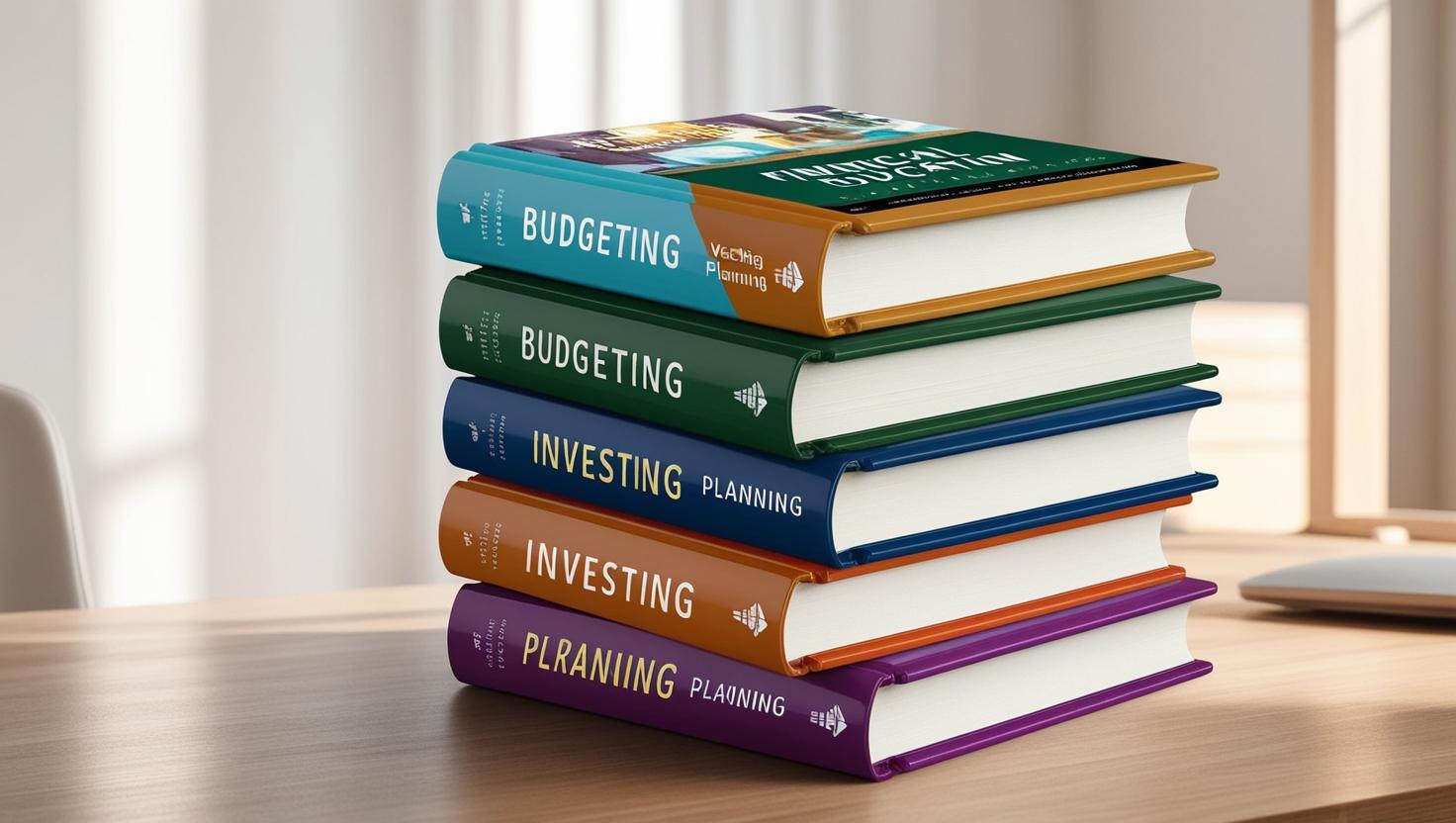Financial education is a crucial step toward achieving financial freedom and stability. Whether you’re just starting to learn about personal finance or looking to improve your financial literacy, books can be one of the best resources available.
In this article, we will explore ten must-read books that provide essential knowledge on managing money, investing wisely, and developing a healthy financial mindset.
1. Rich Dad Poor Dad – Robert Kiyosaki
This classic book contrasts the financial habits of two father figures: a wealthy entrepreneur (Rich Dad) and a traditional employee (Poor Dad). Kiyosaki emphasizes the importance of financial education, assets vs. liabilities, and building wealth through investments.
Key Takeaways:
- The rich focus on acquiring assets, while the poor accumulate liabilities.
- Schools don’t teach financial literacy, so self-education is crucial.
- Investing in real estate and businesses can build long-term wealth.
2. The Millionaire Next Door – Thomas J. Stanley & William D. Danko
Based on years of research, this book identifies common habits of millionaires in America. Surprisingly, many wealthy individuals live modest lifestyles and prioritize saving and investing over extravagant spending.
Key Takeaways:
- Many millionaires are frugal and avoid lifestyle inflation.
- Financial independence is more important than displaying wealth.
- Consistent saving and smart investing lead to long-term wealth.
3. Your Money or Your Life – Vicki Robin & Joe Dominguez
This book focuses on redefining your relationship with money. It introduces the concept of financial independence and how to align your spending with your values.
Key Takeaways:
- Calculate how much time you trade for money and spend consciously.
- Reduce unnecessary expenses and focus on financial independence.
- Wealth is not just about income but also about financial freedom.
4. The Richest Man in Babylon – George S. Clason
Written in a storytelling format, this book presents timeless financial principles through parables set in ancient Babylon.
Key Takeaways:
- Save at least 10% of your income before spending.
- Invest wisely to grow your wealth.
- Seek financial advice from knowledgeable individuals.
5. The Psychology of Money – Morgan Housel
This book explores how emotions and behaviors influence financial decisions. Housel provides insights on how to manage money in a way that leads to long-term success.
Key Takeaways:
- Managing money is more about behavior than knowledge.
- Patience and long-term thinking are crucial for financial success.
- Avoid financial decisions driven by emotions and trends.
6. I Will Teach You to Be Rich – Ramit Sethi
A practical guide to personal finance, this book provides step-by-step advice on saving, investing, and automating finances.
Key Takeaways:
- Automate savings and investments to build wealth effortlessly.
- Spend guilt-free on things that matter while cutting unnecessary expenses.
- Investing early in low-cost index funds leads to long-term growth.
7. The Total Money Makeover – Dave Ramsey
Dave Ramsey outlines a simple but effective plan to eliminate debt and build financial security through disciplined spending and saving.
Key Takeaways:
- Use the “Debt Snowball” method to pay off debt quickly.
- Build an emergency fund to avoid financial crises.
- Financial success comes from discipline and consistent action.
8. The Intelligent Investor – Benjamin Graham
A must-read for anyone interested in investing, this book introduces the concept of value investing and how to analyze stocks wisely.
Key Takeaways:
- Invest with a long-term perspective and avoid speculation.
- Understand market cycles and take advantage of opportunities.
- A disciplined and patient approach leads to investing success.
9. Think and Grow Rich – Napoleon Hill
Though not strictly about personal finance, this book explores the mindset and principles needed to achieve financial success.
Key Takeaways:
- A strong desire and clear financial goals drive success.
- Visualization and belief play a crucial role in wealth creation.
- Surrounding yourself with successful people influences your mindset.
10. Broke Millennial – Erin Lowry
Targeted at young adults, this book provides practical advice on budgeting, dealing with debt, and understanding personal finance in a relatable way.
Key Takeaways:
- Understand and control your spending habits early on.
- Manage student loans and credit wisely.
- Learning personal finance young leads to long-term stability.
Final Thoughts
Reading financial education books is a great way to build knowledge and take control of your financial future. By applying the lessons from these books, you can develop smart money habits, eliminate debt, and grow your wealth over time.
Which of these books have you read? Let us know in the comments!

